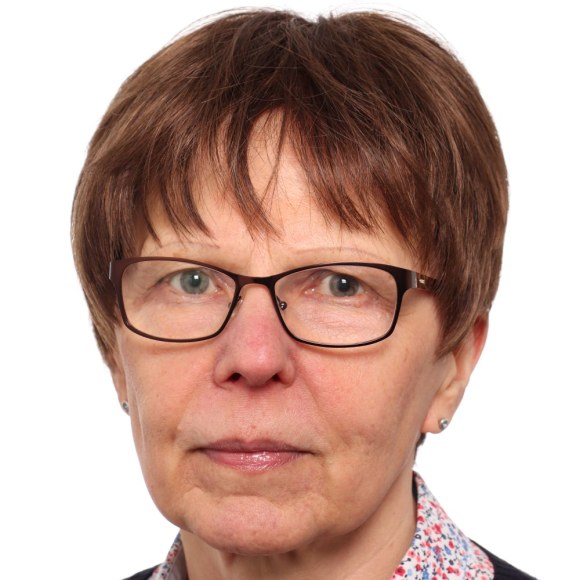We are interested in the institutional processes through which families’ and children’s problems are assessed and where the decision is eventually made whether they need support in social services or child welfare. We want to explore what kind of understanding of children’s welfare and of child welfare as an institution is embedded therein.
The particular point we are studying is the child welfare notification and the contact made by parents, children, or professionals with services. As a result of the assessment of the notification/contact, the family may be directed to receive services defined by the Social Welfare Act or those by the Child Welfare Act. The distinction between the those two options is of particular interest here.
We approach assessment from the point of view of decision-making ecology, emphasizing both the agency of practitioners, children, and parents alike as well as the role of the organization, service-provision, legislation, and culture, and how they interact. Empirically, we collect a diverse data set including a survey of social workers, interviews with managers in charge of assessment practices, social workers and other practitioners doing assessments as well as young people and parents who have experienced being ‘assessed’ and defined as being in need of child welfare services. Furthermore, we examine the implementation of one structured assessment tool as a case study.
The research team of eight is located at Tampere University and in Socca and cooperates closely with the national child welfare development projects supervised by the Centres of Excellence on Social Welfare.
Publications will be updated here.

